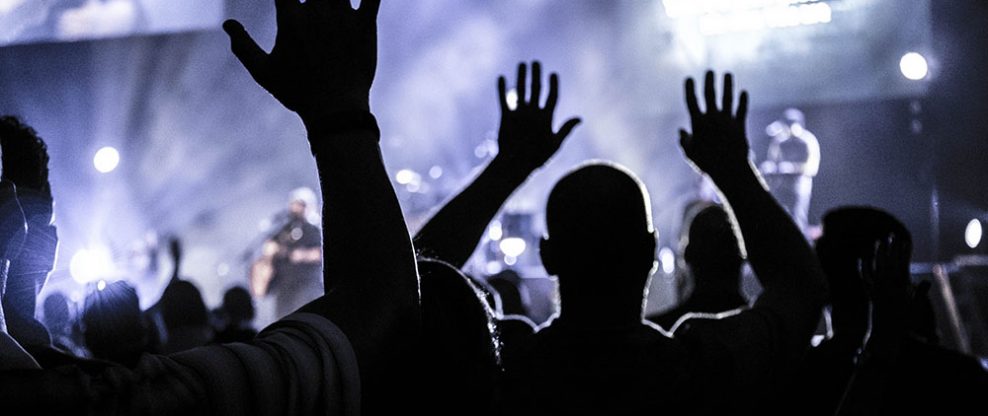(Hypebot) — With a new company seeming to launch every day, who will “own” live music streaming?
Facebook is offering a free (for now) competitor to StageIt for the DIY crowd, VEEPs is a favorite of artists one step up the ladder, Bandsintown dominates in both discovery and with Bandsintown LIVE as a free streaming music hub, while Mandolin is working to lock down venue deals.
But that’s just the start and as MIDiA top analyst Mark Mulligan writes, major disruption of both live streaming and live concerts is right around the corner.
By Mark Mulligan of MIDiA from the Music Industry blog
2020 will go down as a rough year for many artists, largely because of the income they lost when live ground to a halt. Unfortunately, the live music sector is still going to be disrupted in 2021 and it may take even longer for the sector to return to ‘normal’. In fact, we could see the bottom of the live sector thinned out as the smaller venues, agencies and promoters do not have the access to bridging finance that the bigger players have. So, smaller artists may find the face of live permanently changed for them in a way that larger artists do not. Whatever the outcome, one thing is clear: live music is not going to be the same again, and the innovations in virtual and streamed events are not simply a band-aid to get us through tough times. Instead, they are the foundations for permanent additions to the live music mix. The big unanswered question is, who is going own the live-streamed and virtual concert sector?
Bringing it all together
One of the most important things digital tech does is to bring things together. The smartphone is a perfect example. 20 years ago people switched between phones, calendars, diaries, computers, maps, phones, music players, DVD players etc. Now these are all in one device. Streaming did the same to music, taking radio, retail, music collections and music players and putting them together into one unified experience.
Until now, live music was not subject to streaming’s great assimilation process. But COVID-19 changed all that. Live used to be separate because it required logistical assets like buildings, ticketing operations, relationships etc. The last few months have shown us that the virtual live sector can operate entirely independent of the traditional sector’s frameworks – which is one of the reasons so much innovation and experimentation has happened. Sure, lots of the early stuff was scrappy and of patchy quality, but is through mistakes that we learn the right way forward. Thus, we have new companies like Driift emerging to bring a more structured and professional approach to a fast-growing but nascent sector.
Disruption Is Coming
The big traditional live companies right now may be most concerned about whether the still-dormant venues are looking at the new ticketing models being deployed with the likes of Dice and wondering whether they can rethink their entire way of doing business when they reopen.
While that may trigger what could prove to be the biggest-ever shift in the live business, the virtual part of the business is where the money is flowing right now: Melody VR bought pioneering but struggling streaming service Napster, Scooter Braun invested in virtual concert company Wave and Tidal bought seven million dollars’ worth of access into virtual concert ‘space’ Sensorium.
Virtual reality (VR) spent much of the last couple of years in the trough of disillusionment but now COVID-19’s catalyzing impact may see it starting to crawl onwards and upwards. Prior to COVID-19 VR was a technology searching for a purpose. COVID-19 has created one. This is not to say that all of VR’s prior failings no longer matter – they do – but it at least has a set of music use cases to build on. VR can now realistically aspire to be a meaningful component of the wider virtual event sector.
Streaming+
It is no coincidence that streaming is playing a key role. Nor is it just the smaller streaming services at play – Spotify has built the tech infrastructure for live events, while Apple is introducing artificial reality (AR) into Apple TV+, so it is not too big a leap to assume Apple Music AR experiences will follow. Live was the last major component of the music business that streaming could not reach, and that is all about to change. The value proposition for music fans is clear: why go to multiple different places for all your favourite music experiences when they can all be in one place? Think of it as Streaming+.

































































